
How Much do you Know About the Hidden Costs of Buying a Home in the US, Apart From the Down Payment and Mortgage?
Advertisement
For first time home buyers in the US, many people think they only need to make a down payment and a monthly mortgage payment, but there are actually many hidden costs. Today, we will take you through all the costs that can be incurred in the home buying process so that you are prepared for the financial aspects of buying a home!
Earnest Money Deposit: When you are interested in a home, a deposit of 1% to 2% of the sale price is usually required to prove good faith, but can be as high as 10% in some areas where demand exceeds supply.
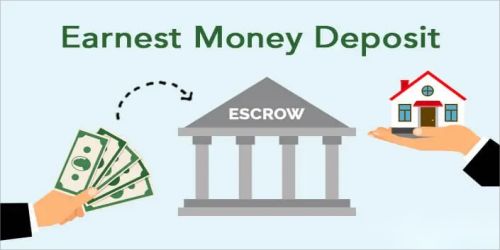
Home Inspections: When the buyer and seller have agreed on a price, the buyer should have a thorough home inspection done by a professional before making a decision to buy, the price of which depends on the size and type of home. For example, in the Houston area, home inspections can cost between $400-$600. This is an important step as it will save a lot of unnecessary hassle if any defects or problems are identified during the inspection.
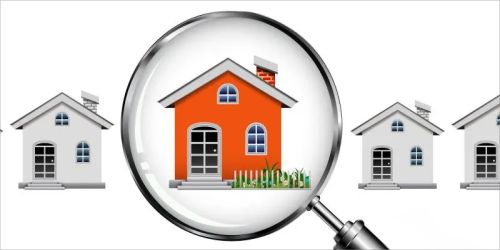
Closing Costs: When buying a property in the US, you will also need to allow 3%-5% of the total price for closing costs. Closing costs vary greatly from one type of property to another. Therefore, it is important for home buyers to consider closing costs as an important factor when making a financial budget before purchasing a home. If you are buying a home priced at $200,000, then you will have to set aside an additional $4,000-$10,000 on top of the down payment.
Mortgage Down Payment: Usually the largest expense in the home buying process, the more you put down, the less money you have to borrow and the less you will have to pay in the future; the less you put down, the higher your monthly payments will be. It is generally recommended to prepare at least 20% of the total house price. If you have less than 20% down, then you will need to pay additional private mortgage insurance (PMI) with your monthly mortgage payment to protect the lender's interest in case the borrower is unable to pay the mortgage.
Property Taxes. US property taxes are levied annually and are set by each state government according to its own circumstances. The tax rate is generally between 1% and 3%. If you buy a $1 million house and pay 3% per year, you will be paying almost $30,000 per year to the government. If you stop paying taxes, the house will go to the US government and the government can take it back. Remember to check what the property taxes are in the area when you buy a house so you can be prepared.
Homeowners Insurance: Homeowners insurance is not mandatory for every homeowner, but if you are buying a home with a mortgage the bank will usually make it mandatory for the homeowner to purchase homeowners insurance. The main function of homeowners insurance is to protect the homeowner's interests and to cover any damage to the home in the event of an accident. However, basic home insurance does not usually cover damage caused by natural disasters such as floods and earthquakes, which usually have to be purchased separately.
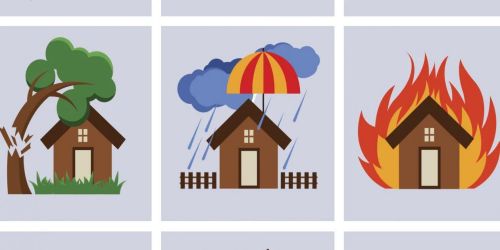
Advertisement
Advertisement
- Previous article
- Do you Know how Homeowner's Insurance Works?
- Next article
- Do you Know About Business Credit Cards?
Advertisement
OTHER NEWS
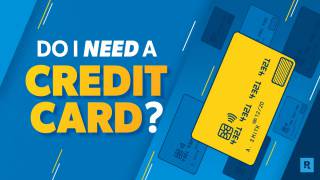
Unleashing the Power of Cash Back Cards: Exploring the Best Options
BY Little Grapes

About Secured Credit Cards!
BY Little Grapes
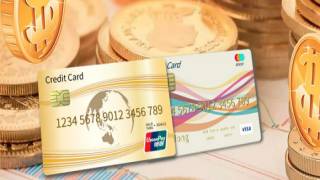
What is the Best way to use Credit Cards?
BY Little Grapes

Incentives and Conveniences of Multi-Car Insurance Policies for Families With Multiple Vehicles.
BY Wendy
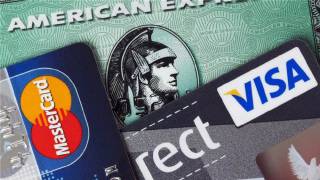
Something About Credit Cards!
BY Little Grapes

You need to know this to play Candy Crush Soda Saga!
BY Little Grapes
RECENT NEWS
-
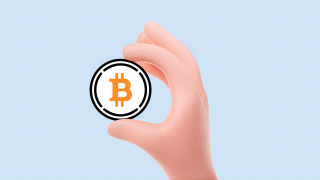
Demystifying Bitcoin
-

Securing and Maintaining High Limit Credit Cards: A Comprehensive Guide!
-

The investment value of men’s watches
-

Guarding Against Credit Card Fraud: What to Do If Your Identity Is Compromised?
-

Strategies for Success in the Watch Industry
-
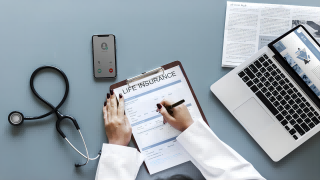
Understanding Survivorship Life Insurance: Planning for the Future Together!
 0
0 0
0